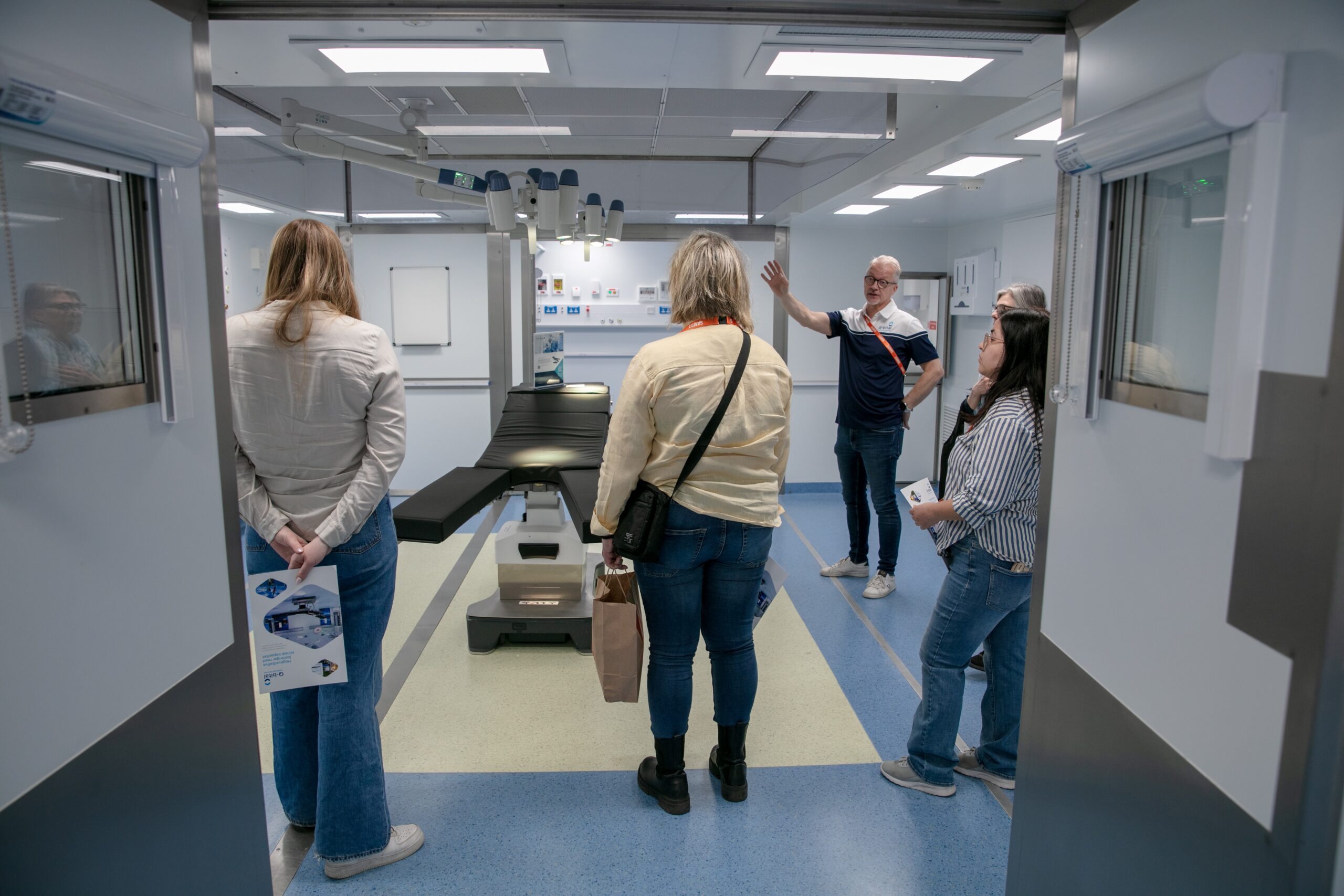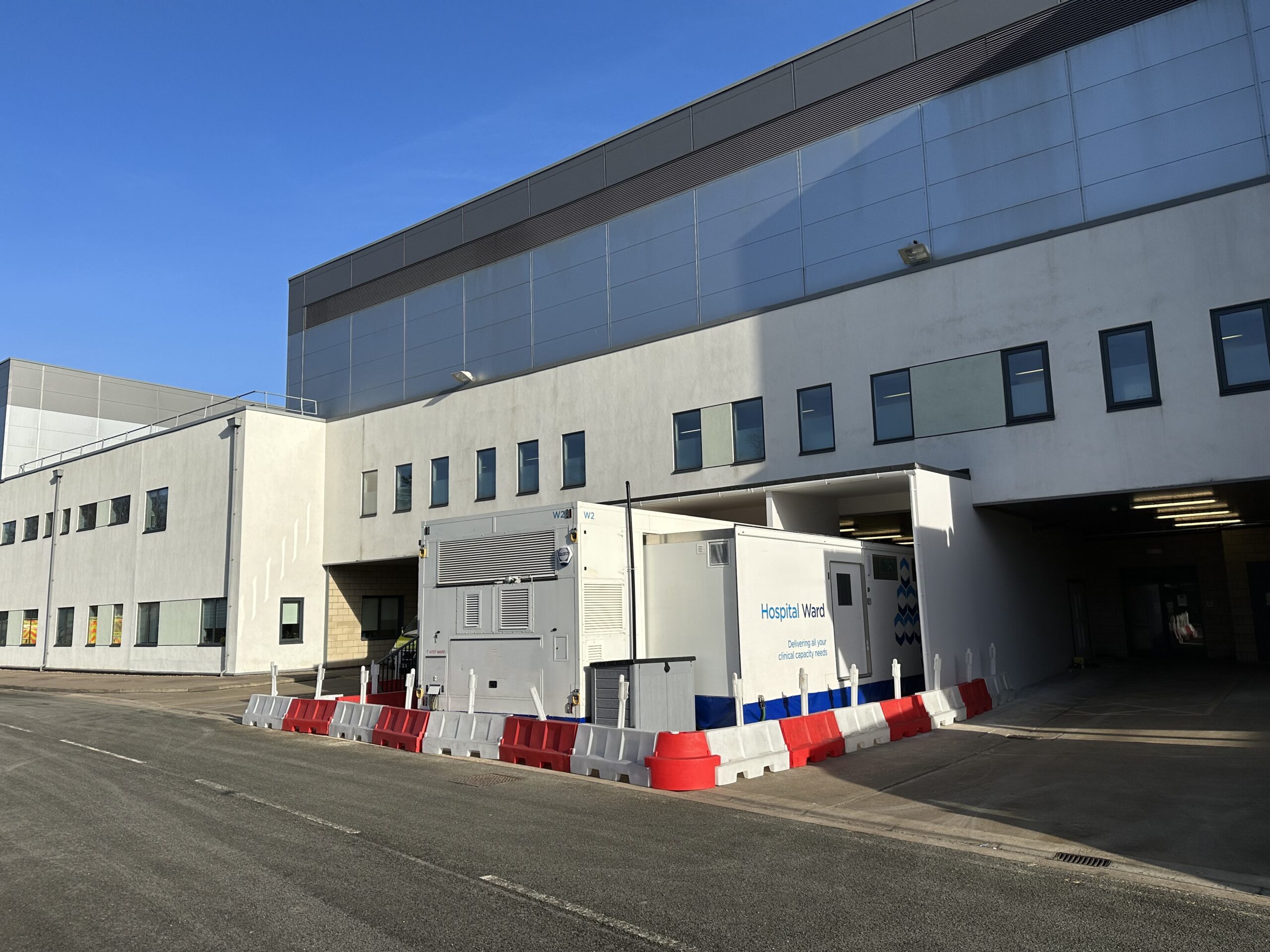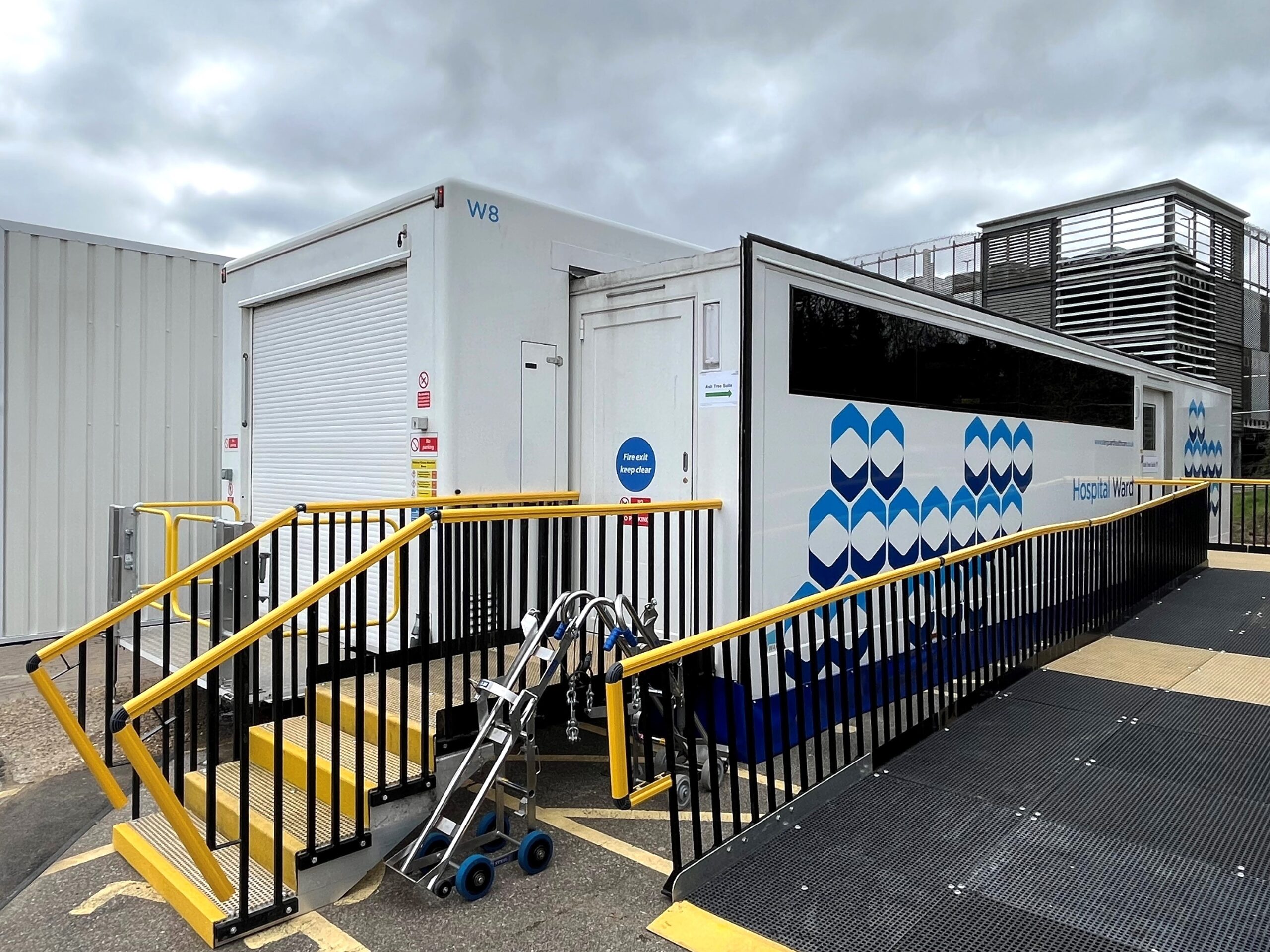Een recent onderzoek gepubliceerd in het British Medical Journal (BMJ) heeft geconcludeerd dat een vertraging bij de behandeling van kanker gepaard gaat met een toename van de sterfte door alle oorzaken.
Since the start of the Covid-19 pandemic, patients’ access to cancer treatment has been delayed in many healthcare settings worldwide, and this has led to concern about the unintended consequences of pandemic control measures for cancer patients.
Although a number of studies have been undertaken globally on the relationship between treatment delays and mortality, modelling efforts had been hampered by a lack of quality real world evidence, so the research team conducted a comprehensive review of 34 already existing studies across seven major cancer types.
The findings showed that every four-week delay between diagnosis and surgery is associated with a 6-8% relative increase in all cause mortality.
The cancer types included in the study represent 44% of all incident cancers globally. It covered five common cancers; bladder, breast, colon, rectum and lung cancer; cervical cancer, which is the fourth most common cancer among women; and head and neck cancer; and found that, for all seven cancer types, a treatment delay of four weeks is associated with an increase in the risk of death.
In addition, the study found that delays of up to eight weeks and twelve weeks further increase the risk of death. An eight-week delay in breast cancer surgery would increase the risk of death by 17% and a 12-week delay, as experienced for example during Covid-19 lockdown and recovery in some countries, would increase the risk by 26%.
The impact of treatment delays on patient outcomes is something that has come to the forefront during the Covid-19 pandemic. Although for the most part, urgent cancer surgery has been going ahead, elective cancer surgery and radiotherapy have been postponed or delayed in many countries as resources have been reassigned to deal with the pandemic.
So far, it has not been possible to robustly quantify the impact of Covid-19 lockdown measures on patterns of care and patient outcomes, and the emphasises that there is a need for an international effort to establish systems for producing high-quality data to inform further research into this.
The reality is that the impact of treatment delays, including for cancer surgery, is probably far greater for both patients and countries’ healthcare systems than the results of this study suggest. It does not take into account the impact of a worsening of the condition on the patient; the need for more extensive treatments and increased risk of complications because of progression during delays; and the impact on patients’ quality of life. It can also lead to a greater economic burden through higher direct care costs.
Although outside of the scope for this study, what happens in the time before the patient is diagnosed is clearly also important to consider. If the waiting time is extended for seeing a specialist or being booked in for a diagnostic test, such as a scan or a colonoscopy, this affects the speed at which patients are treated; and a delay can have a detrimental effect on patients’ quality of life. The later cancer is diagnosed, the more urgent the treatment will be and the worse the patient outcome is also likely to be.
The review can be accessed on the BMJ's website



Q-bital Healthcare Solutions
Eenheid 1144 Regent Court, The Square, Gloucester Business Park, Gloucester, GL3 4AD
